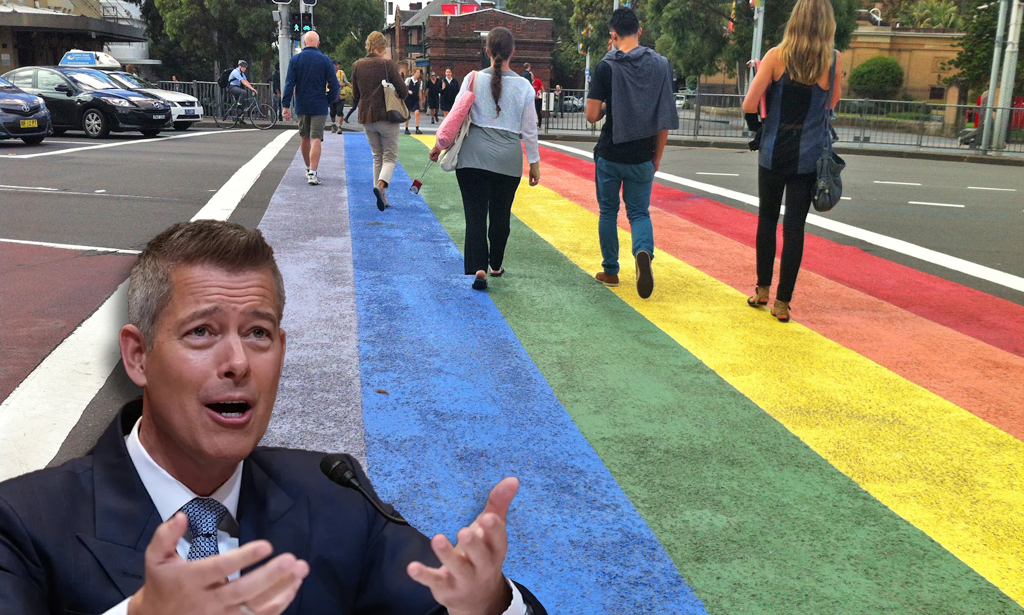Today on the Streetsblog Network, we've got a post from The WashCycle about speeding, new red light cameras and a reduction in fatalities in Montgomery County, MD. Police there report that "a 2008 study of 11 camera locations found a 25 percent reduction in crashes on the roads where the speed cameras were located." Deaths have gone to 9 from 19 over a the same period last year. While the WashCycle cautions against reading too much into a relatively small amount of data, they also say the cameras have likely been effective. They also report on some novel citizen objections to the technology:
Photo by Michael Patrick via Flickr.
It is reasonable to assume that the cameras should get some credit -- if not the lion's share. As Prof. Steven Dutch puts it, "Correlation doesn't prove causation when there is no plausible link between two phenomena, or when there is some more plausible cause. But if there is a plausible link, then correlation is very strong evidence for causation."
I've heard several arguments against speed cameras; such as privacy issues, not being able to face your accuser, manipulation of the data or circumstances to increase violations and, thus, revenue. But this is a new one:
"'I am against the speed cameras. No. 1, I don't think they pick up one of the major hazards on our roadways in Montgomery County right now -- bicyclists,' resident Reardon Sullivan told the Montgomery County Council."
Really? Bicyclists? Not drunk drivers? Not inattentive drivers? Especially since we're talking about speed cameras (not red light cameras) -- and it is very difficult for cyclists to speed.
More from around the network: The National Journal asks the experts what difference an 18-month delay in the transpo bill would actually make; World Streets talks about scientific methods for reducing driving; and The Overhead Wire looks at transit-oriented development in a down economy.





